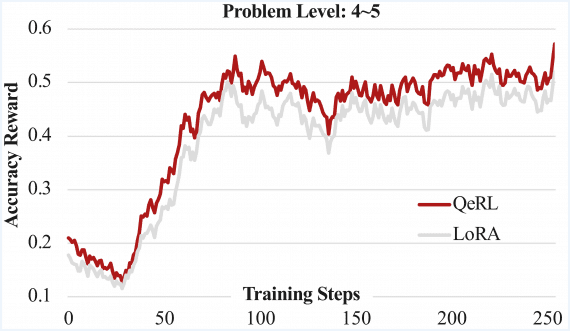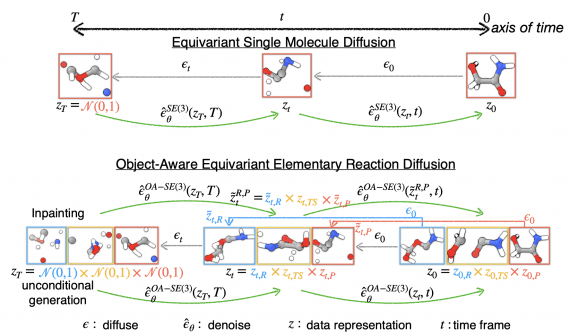
SPPL is an open-source probabilistic programming language developed at MIT and aimed at accurately assessing the degree of artificial intelligence bias against certain groups of people. SPPL is implemented in Python and is 3000 times faster than previous AI bias assessment systems.
AI algorithms are having an increasingly profound impact on people’s lives: they are used to make decisions about issuing loans, when hiring for work, and even when determining the amount of collateral in courts. One of the key problems faced by the developers of these algorithms is the bias of AI, for example, against people of color and people with low income.
Sum-Product Probabilistic Language (SPPL) is a probabilistic programming system. Probabilistic programming languages make it easier for programmers to define probabilistic models and perform probabilistic analysis, that is, they identify probable explanations for the observed data. SPPL is optimized for a certain class of models and can provide solutions 3000 times faster than similar systems.
The developers provide the following examples of requests to SPPL:
- What is the probability that this model will recommend a loan to someone over 40 years old?
- Create profiles of 1000 applicants whose loan application will be satisfied with a 100% probability.
- Is there a difference between the probability of obtaining a loan by an immigrant and a non-immigrant with the same socio-economic status?
- What is the probability of hiring a candidate, taking into account the fact that (a) his competencies meet the requirements and (b) he is part of an unrepresented group in the organization.
A special feature of SPPL is the high accuracy of estimates achieved due to the limitation of the class of supported AI models (in particular, it cannot analyze neural networks). However, SPPL supports all key algorithms for decision-making, including the “decision tree” classifier.


